If you're finding yourself in a tough financial spot, you're not aloneâmany people are navigating similar challenges. It's essential to consider a proactive review of your situation to uncover potential solutions and opportunities that may be available to you. By assessing your debts and expenses, you can take meaningful steps towards regaining control of your financial future. Curious to learn more about how you can take charge and explore effective strategies?

Personalized Greeting
A proactive review for debtors highlights individualized attention. Personalized greetings establish rapport, creating an inviting atmosphere for financial discussions. Tailored communication recognizes unique circumstances associated with specific accounts, enhancing engagement. Customizing the approach can address individual challenges, fostering a sense of partnership between the debtor and the creditor. A thorough review of payment history, outstanding balances, and potential restructuring options is beneficial for both parties. Utilizing customer names and relevant account details further personalizes communication, leading to improved resolution outcomes.
Clear Purpose Statement
A proactive review of a debtor's financial status can significantly enhance the recovery strategy for outstanding payments, particularly in companies managing large accounts, such as banks or loan agencies. This review process should focus on key financial indicators, such as outstanding balances exceeding 30 days, payment history trends over the last 12 months, and changes in the debtor's credit score, especially if it drops below 600. Timely intervention during this period can lead to an increase in recovery rates, potentially improving cash flow projections for the company. Moreover, analyzing the debtor's industry sector performance, particularly if it experiences significant shifts--like the technology sector facing rapid changes--can provide insights into their ability to meet future obligations.
Financial Status Overview
A financial status overview provides essential insights into a debtor's financial health, including income, expenses, assets, and liabilities. Understanding cash flow management is crucial, as it reflects the debtor's ability to meet payment obligations. For instance, an income statement may show monthly earnings of $4,500, while expenses, such as rent ($1,200), utilities ($300), and groceries ($500), total $2,000, resulting in a positive cash flow of $2,500. Identifying assets, like a home valued at $250,000 and a vehicle worth $15,000, alongside liabilities, including student loans of $30,000 and credit card debt of $5,000, helps assess overall net worth. Furthermore, considering the debt-to-income ratio of approximately 11% provides valuable context for the debtor's financial decision-making and future creditworthiness. Regular reviews of this financial status can foster proactive planning strategies to improve repayment capacity and stabilize financial standing.
Flexible Repayment Options
Debtors facing financial challenges often benefit from proactive review opportunities that emphasize flexible repayment options. Financial institutions such as banks and credit unions may offer customized payment plans tailored to individual circumstances, allowing borrowers to adjust their monthly payments based on income fluctuations. Flexible repayment can include extending loan terms (up to 60 months or more), reducing interest rates (potentially down to 0% temporarily), or allowing deferred payments for specific periods (such as 3 to 6 months) to ease the financial burden. These strategies aim to enhance borrower engagement and promote debt sustainability while minimizing default risks. Individual consultations with financial advisors can provide personalized solutions, fostering an environment of financial wellness and accountability.
Contact Information and Next Steps
Proactive debt review opportunities allow for financial restructuring and management strategies tailored to individual circumstances. Communication channels, including secure phone lines or dedicated email addresses, help establish contact between debtors and financial advisors. Next steps involve the completion of a detailed financial assessment questionnaire, which gathers essential data such as income statements and outstanding debts. Additionally, scheduling an appointment for a one-on-one consultation at a local office or via video conferencing enhances personal engagement. Understanding repayment timelines and available resources ensures informed decision-making during the review process.

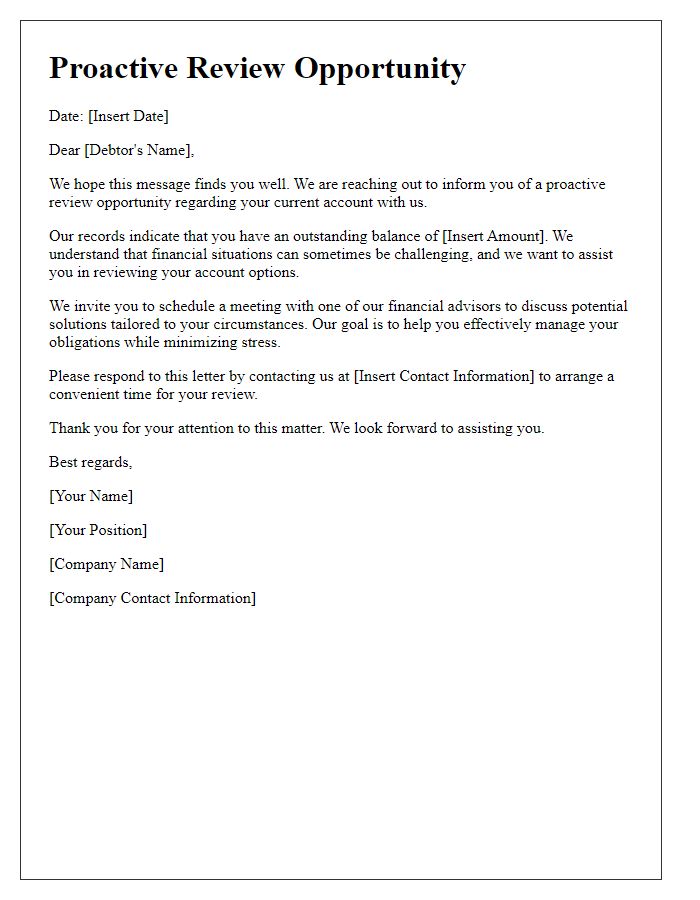
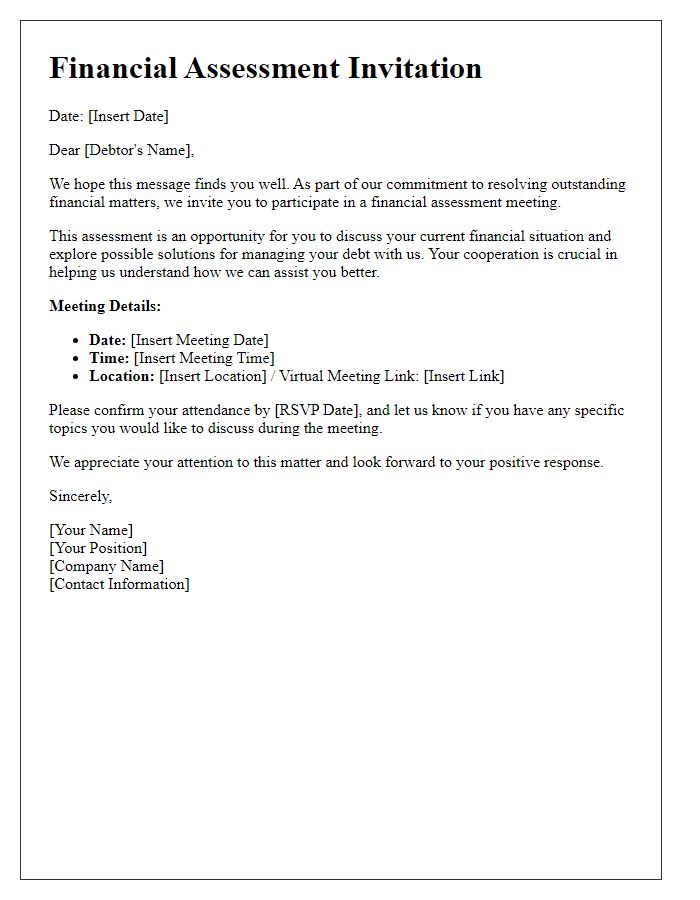
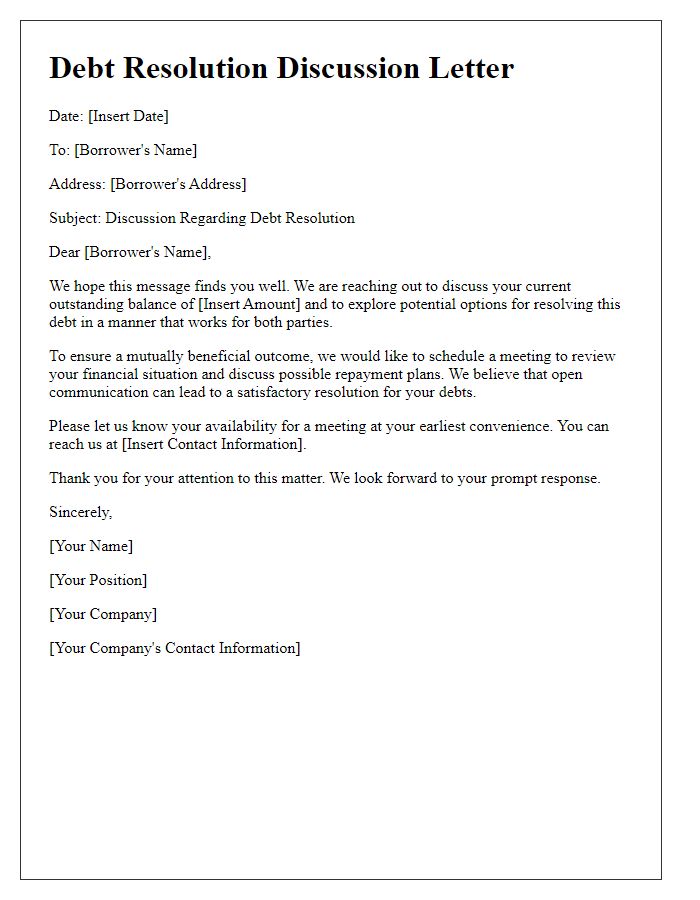
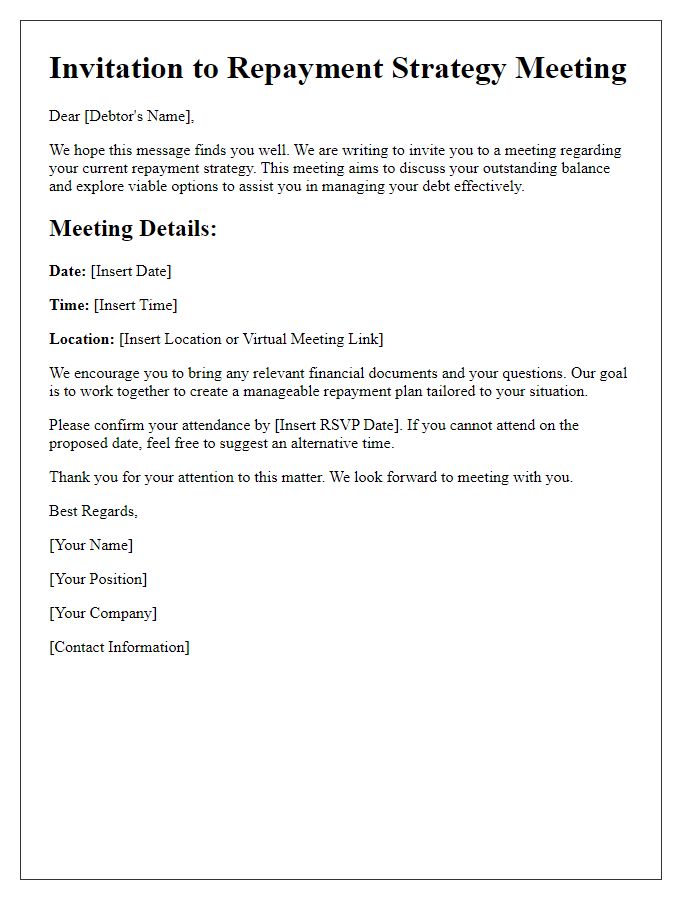
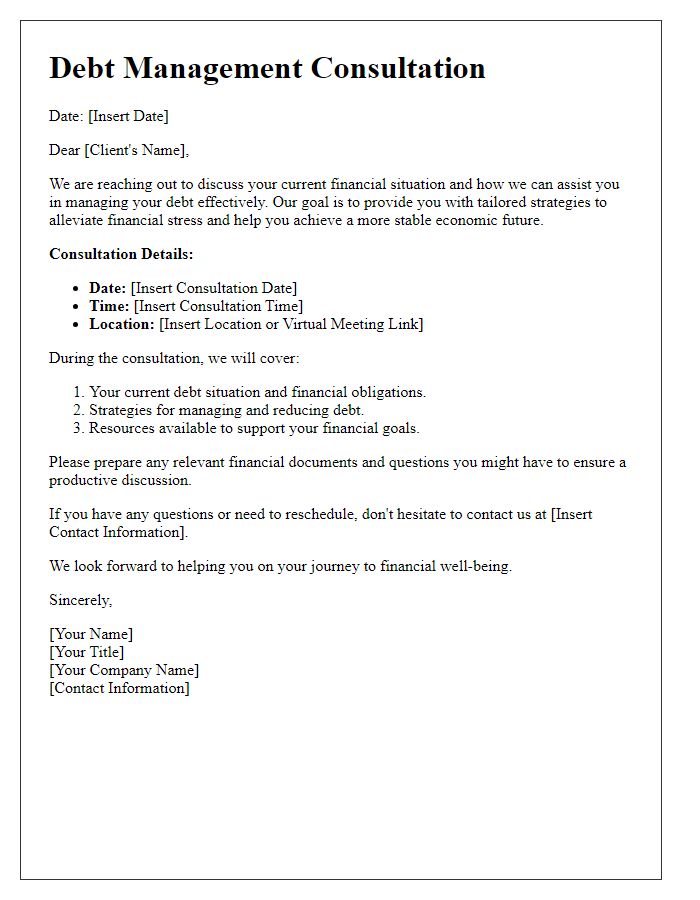
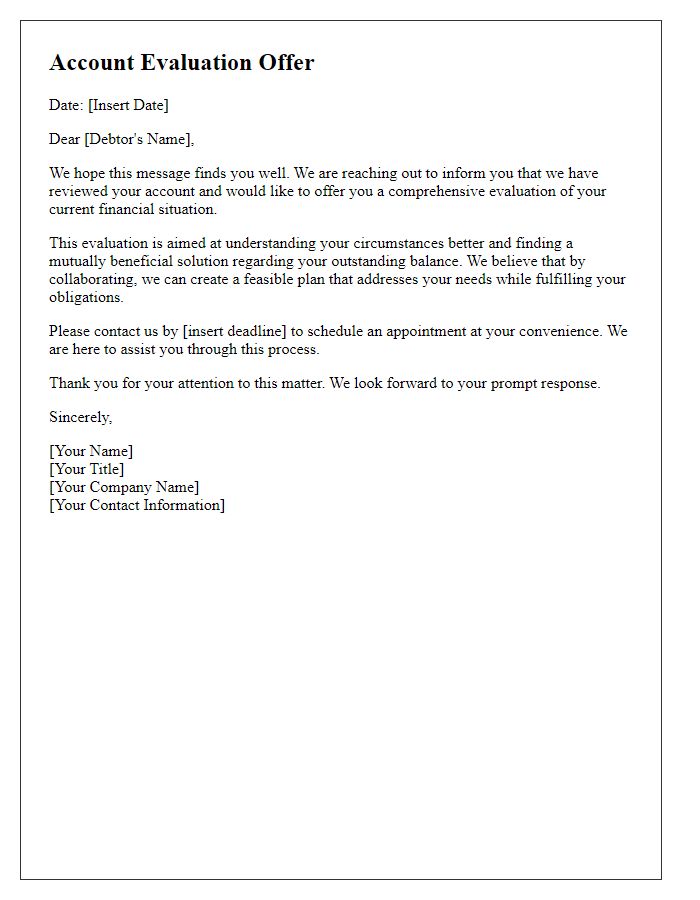
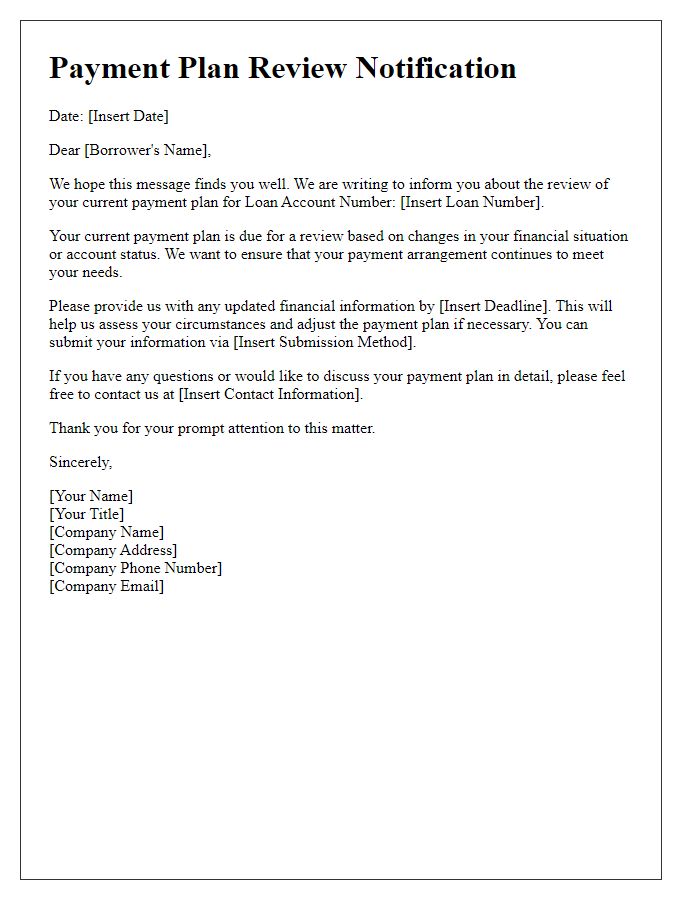
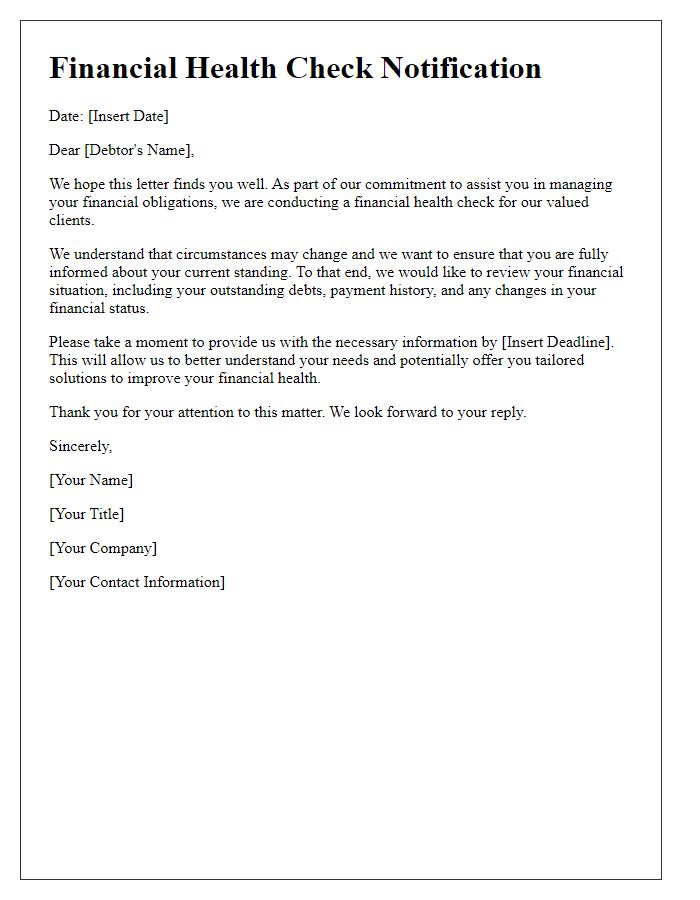



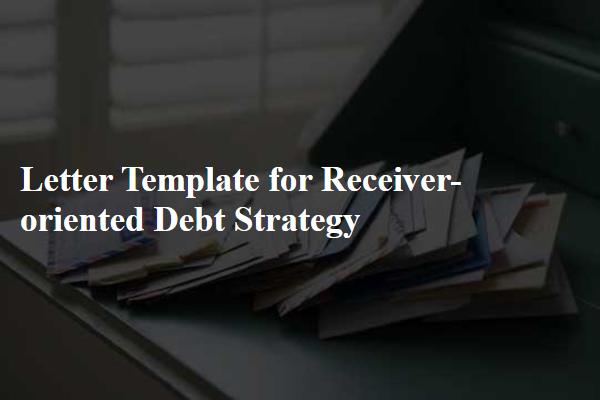
Comments